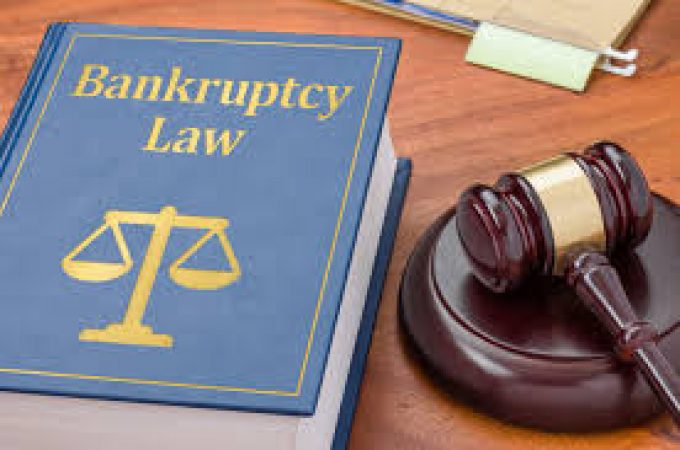Debt may be a burden that follows you for years. Filing for bankruptcy is an option among other things, prevents creditors and other lenders from contacting you or initiating any collection measures. The filing process might be difficult, but having the appropriate lawyer on your side will provide you with the necessary assistance and advice when you need it the most. Having a bankruptcy lawyer means you’ll have an experienced professional guiding you through any required meetings and handling all of the hefty paperwork.
Bankruptcy may not be able to address every issue of debt, but it can provide relief and a fresh start in some cases. If you’re unsure whether this is the best option for you, contact a Florida bankruptcy attorney immediately for a free and no-obligation consultation. Each chapter has different income and residency requirements, so keep reading to learn about the requirements for filing for Chapter 7 bankruptcy in Florida.
Filing a Chapter 7 Bankruptcy Petition
In Florida, there are three bankruptcy districts: the Southern, Middle, and Northern Districts. You must file your petition in the appropriate category based on your residency. A bankruptcy petition is a compilation of documents that disclose to the Bankruptcy Court all of your required financial facts. Your petition will ask you to list your monthly income and spending, assets (including real and personal property), and liabilities and debts that you want forgiven. After then, the petition is signed under oath.
When you file your petition, an automatic stay is placed on your case. This automatic stay provides immediate protection against collectors while your case is being processed. A meeting with a court-appointed trustee to review the submitted information and ask any questions they have about your finances while you’re under oath will follow the filing of a bankruptcy petition. You have the right to be present at this meeting with your counsel. While the meeting’s objective may appear threatening, it isn’t as bad as it appears. The meeting is often held in a conference room rather than a courtroom, and the trustee is not permitted to threaten or challenge the debtor, simply to ask general financial inquiries.
Assets Exempt and Non-Exempt
When filing for Chapter 7, sometimes known as the liquidation chapter of bankruptcy, it is critical to grasp the distinction between exempt and non-exempt assets.
All exempt assets are protected from being sold to repay collectors, but you must relinquish any non-exempt assets to pay off a portion of your unsecured debt.
Over 90% of bankruptcies are filed as “no-asset” cases because the debtor lacks sufficient liquid able assets, which means they walk away with nothing. Even if you have no assets, you can still get your debt dismissed if you submit the necessary paperwork.
Non-exempt assets include:
- Valuable collections
- Pensions
- Family heirlooms
- A second automobile or a second home
- Cash, bank accounts, bonds, and investments
- Primary dwelling up to a specified sum, depending on the homestead exemption
- Reasonable clothing, furniture, and household appliances
- Public benefits
- Tools required for the petitioner’s trade
- Damages granted for bodily injury
Contact a Florida Bankruptcy Lawyer Right Away
When considering filing for bankruptcy, there are numerous factors to consider. While it may have an impact on your credit history and ability to obtain a personal loan, in most cases you will be left with some beneficial benefits. Your unsecured debt may be forgiven, and you may be able to create a clear budget without being swamped by collection notices – all while maintaining the assets that are most essential to you.
The bankruptcy procedure does not have to be intimidating, and hiring your own Florida Bankruptcy Attorney can be extremely beneficial. In fact, the website of the United States Bankruptcy Court expressly recommends that petitioners work with an attorney to assist them with the filing process, as public employees and other court officials involved in your case cannot provide advice or even answer specific questions, such as how to complete your forms.
Fortunately, Solomita Law Firm has experienced solicitors who can help you. We have been in business for years, assisting people like you in obtaining the best possible outcome from a bankruptcy case. When you engage with us, your initial consultation is entirely free and without obligation!
Contact us online or call us today to book your free case evaluation and get back on the road to less stress.


